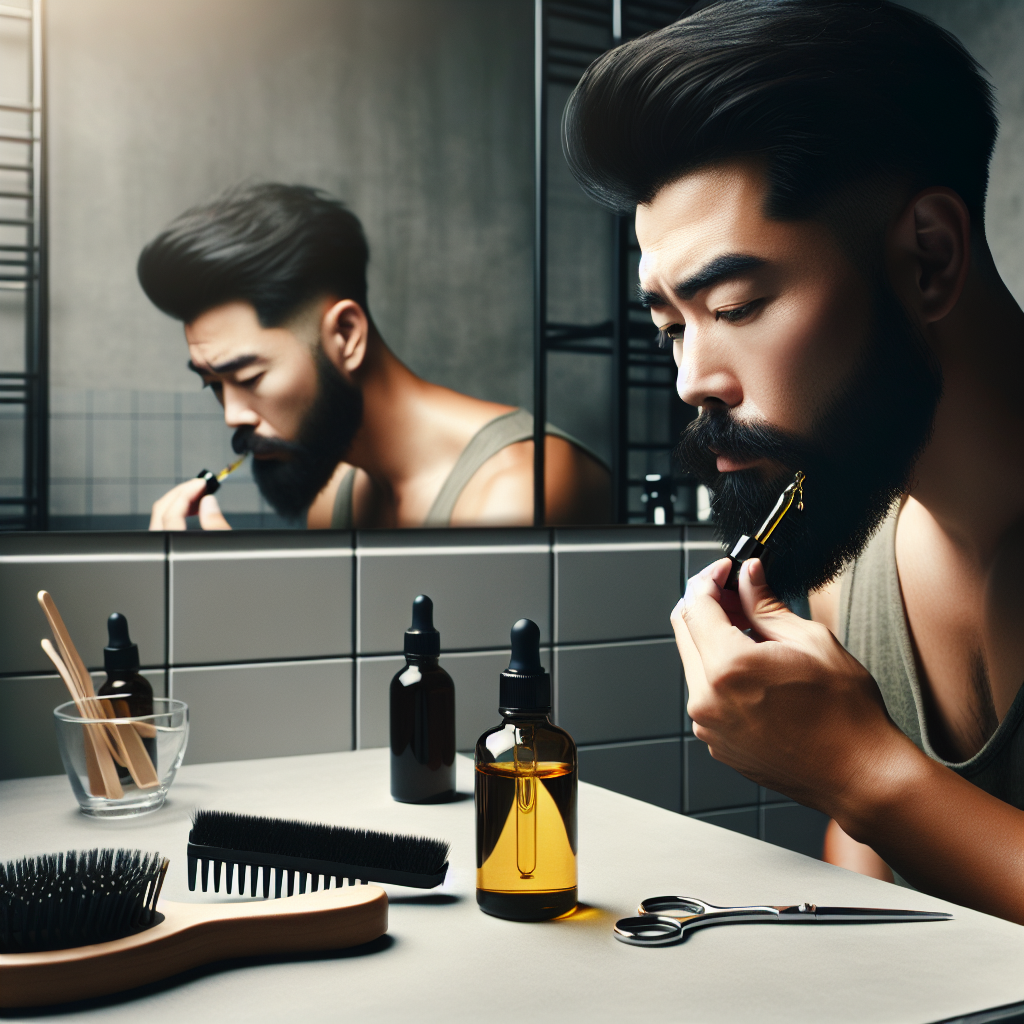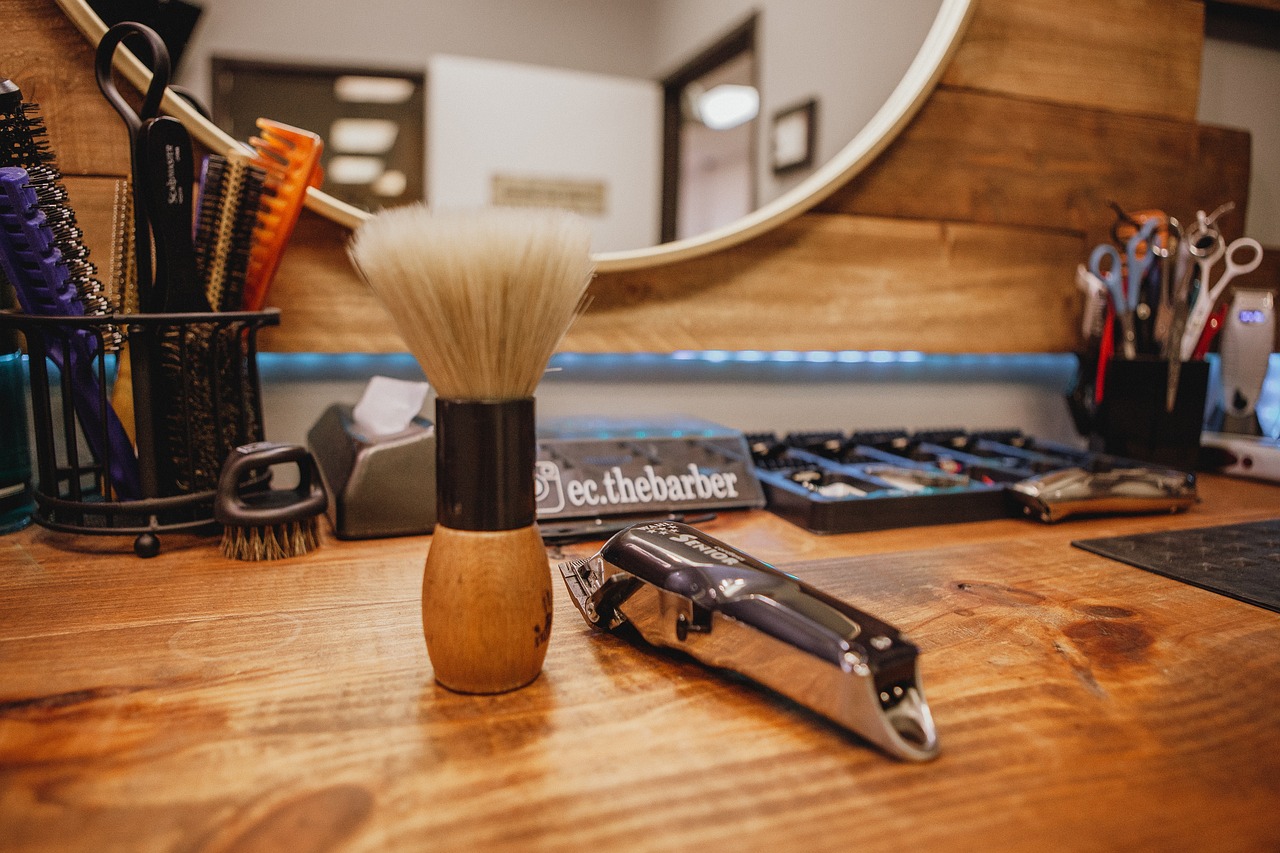Are you a beard enthusiast looking for the perfect beard care routine? If you’re wondering whether hair oil can work wonders on your facial hair, you’ve come to the right place! Many individuals seek to simplify their grooming routine by using hair oil on their beards, but is it actually effective? In this article, we will explore the pros and cons of using hair oil on your beard, debunking myths and providing you with all the information you need to make an informed decision for your facial hair care routine.
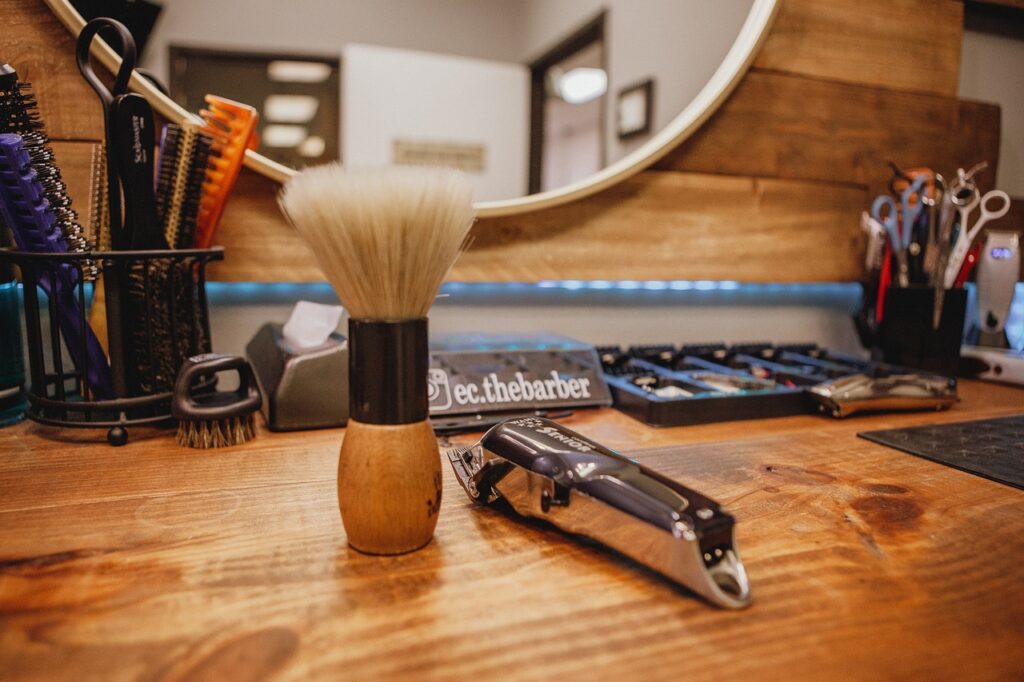
Understanding Hair Oil
Definition of Hair Oil
Hair oil is a specialized product formulated to nourish, moisturize, and protect the hair and scalp. It is typically made from a blend of natural oils that possess beneficial properties for hair health. Hair oils are designed to penetrate the hair shaft, providing hydration and promoting overall hair health.
Purpose of Hair Oil
The main purpose of hair oil is to provide hydration and nourishment to the hair and scalp. It helps to combat dryness, frizz, and damage caused by external factors such as pollution, heat styling, and chemical treatments. Additionally, hair oil can improve the overall appearance of the hair, making it shinier, smoother, and more manageable.
Benefits of Hair Oil
Hair oil offers numerous benefits for the hair and scalp. It helps to moisturize dry and brittle hair, preventing breakage and split ends. The nourishing properties of hair oil also help to strengthen the hair follicles, reducing hair loss and promoting healthy hair growth. Moreover, hair oil can soothe an itchy scalp, reduce dandruff, and improve overall scalp health.
Types of Hair Oil
There are various types of hair oil available in the market, each offering unique benefits. Some popular types of hair oil include:
-
Argan Oil: Known for its moisturizing and repairing properties, argan oil is rich in essential fatty acids and Vitamin E. It helps to restore shine, tame frizz, and reduce hair damage.
-
Coconut Oil: Coconut oil is widely used for its deep conditioning and anti-inflammatory properties. It can penetrate the hair shaft, moisturize the scalp, and reduce protein loss in the hair.
-
Jojoba Oil: Jojoba oil closely resembles the natural oils produced by our scalp, making it an excellent choice for moisturizing and balancing the scalp. It can also help to control excess sebum production.
-
Almond Oil: Almond oil is rich in nutrients such as Vitamin E, antioxidants, and fatty acids. It can nourish the hair, promote hair growth, and add shine and softness.
-
Olive Oil: Olive oil has been used for centuries to moisturize and strengthen the hair. It helps to combat dryness and frizz, leaving the hair smooth and manageable.
Beard Basics
What is a Beard?
A beard is the facial hair that grows on the chin, cheeks, and neck of men. It is a natural feature that varies in length, density, and texture among individuals. Beards have been a symbol of masculinity and can contribute to an individual’s overall appearance and style.
Beard Growth
Beard growth is influenced by various factors, including genetics, hormones, and age. The rate and pattern of beard growth may vary from person to person. It typically begins during puberty when the levels of hormones such as testosterone increase, resulting in the development of facial hair. The growth of a full, thick beard may take several months or even years to achieve.
Beard Maintenance
Proper beard maintenance is essential for keeping your beard healthy and well-groomed. This includes regular washing, conditioning, trimming, and styling. It is important to clean the beard and the skin underneath to remove dirt, oil, and dead skin cells. Trimming helps to maintain the shape and control the length, while styling products can add texture and hold to the beard.
Common Beard Problems
Beard growth comes with its fair share of challenges. Some common beard problems include dryness, itchiness, dandruff, ingrown hairs, and uneven growth. These issues can be addressed through proper care and maintenance, including regular moisturizing, exfoliating, and using suitable beard products.
Similarities and Differences between Hair and Beard
Similarities in Hair and Beard
Both hair and beard are composed of the same protein called keratin and require similar care to maintain their health. They both benefit from regular washing to remove dirt and buildup, conditioning to keep them hydrated, and protection from heat and environmental damage. Additionally, both hair and beard can be styled using various products and techniques.
Differences in Hair and Beard
Although hair and beard have similarities, there are distinct differences between the two. The hair on the scalp tends to be longer, thicker, and more abundant than beard hair. Beard hair is coarser and often grows in different directions, requiring more specialized grooming techniques. The scalp produces more natural oils, while the skin underneath the beard can become dry and itchy if not properly moisturized. Therefore, the care and products used for the hair may not always be suitable for the beard.
Using Hair Oil on the Beard
Effectiveness of Hair Oil on the Beard
Hair oil can be effective for nourishing and maintaining a healthy beard. The hydrating properties of hair oil help to moisturize the beard hair, preventing dryness, split ends, and breakage. The oils also provide essential nutrients to the hair follicles, promoting healthy growth and improving the overall appearance of the beard.
Benefits of using Hair Oil on the Beard
Using hair oil on the beard offers several benefits. It helps to hydrate and soften the beard, making it more manageable and reducing tangles. The oils in hair oil can also provide a natural shine to the beard, enhancing its appearance. Additionally, hair oil can soothe the skin underneath the beard, reducing itchiness and irritation.
Considerations when using Hair Oil on the Beard
While hair oil can be beneficial for the beard, there are a few considerations to keep in mind. Firstly, it is important to choose a hair oil that is suitable for the beard, as some hair oils may contain ingredients that can be irritating or clog the pores on the face. Additionally, applying hair oil to the beard may require a different technique than applying it to the hair, considering the different growth patterns and coarser texture of beard hair.

Choosing the Right Hair Oil for the Beard
Considerations for selecting Hair Oil
When selecting a hair oil for the beard, there are a few factors to consider. Firstly, choose an oil that is lightweight and easily absorbed, as heavy oils may leave the beard greasy and weigh it down. Look for oils that are specifically formulated for the beard or contain ingredients known to benefit facial hair. It is also essential to check the ingredient list for potential allergens or irritants.
Hair Oils suitable for Beard
Certain hair oils are particularly suitable for use on the beard. Options such as jojoba oil, argan oil, and almond oil are known for their moisturizing properties and compatibility with beard hair. These oils are lightweight, non-greasy, and suitable for sensitive skin.
Avoiding potentially harmful Hair Oils on the Beard
Some hair oils contain ingredients that may not be suitable for the beard or the sensitive skin underneath. Oils that are heavy, contain fragrances, or are formulated for specific hair types (such as curly or textured hair) may not provide the desired results and can potentially cause skin irritation or clog the pores. It is important to read the labels and choose hair oils specifically formulated for use on the beard.
How to Apply Hair Oil on the Beard
Preparation for Application
Before applying hair oil to the beard, it is essential to prepare the beard and the skin. Start by cleaning the beard with a gentle beard shampoo or cleanser to remove any dirt or product buildup. Pat the beard dry with a towel, leaving it slightly damp for better oil absorption. Additionally, ensure that your hands are clean and free from any residue or oils before applying the hair oil.
Step-by-Step Guide for Application
To apply hair oil on the beard, follow these steps:
- Dispense a few drops of hair oil into the palm of your hand.
- Rub your hands together to distribute the oil evenly.
- Start by applying the oil to the skin underneath the beard, using your fingertips to massage it in. This will help to moisturize the skin and prevent dryness or itchiness.
- Gently rub the remaining oil into the length of the beard hair, starting from the roots and working towards the ends. Ensure that the oil is evenly distributed throughout the beard.
- Use a beard comb or brush to further distribute the oil and style the beard if desired.
Frequency of Application
The frequency of applying hair oil on the beard may vary depending on individual needs and preferences. It is generally recommended to apply hair oil to the beard 2-3 times per week, or as needed to maintain hydration and manageability. However, it is important not to over-apply the oil, as excessive use may lead to a greasy appearance.
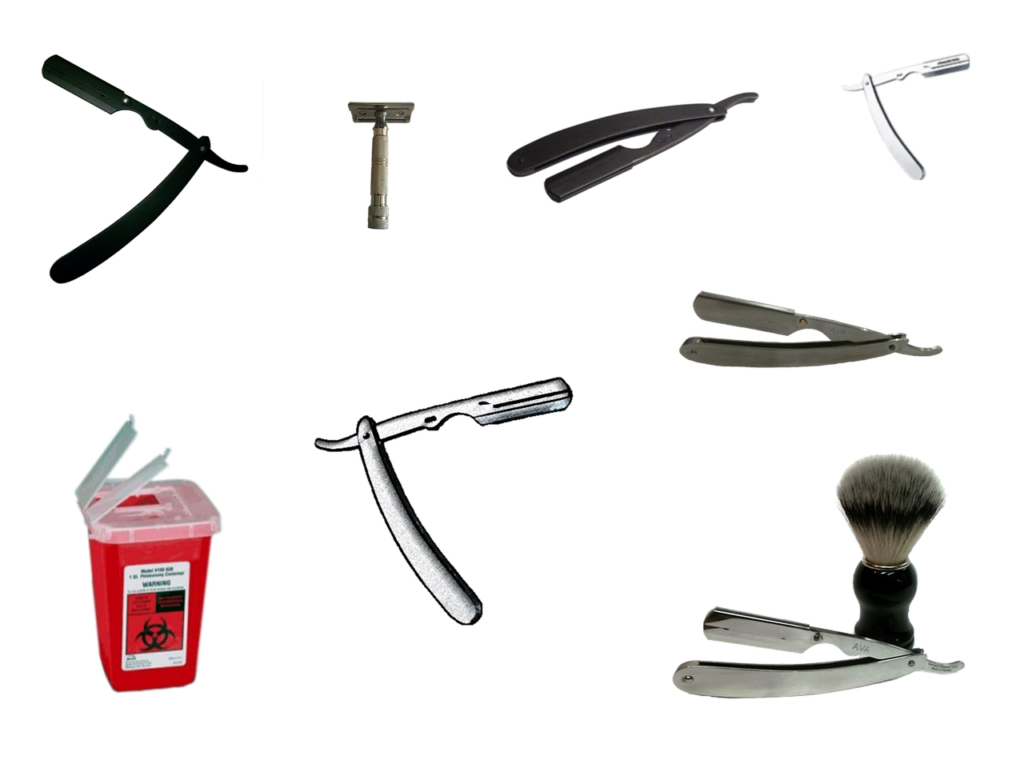
Potential Side Effects of Using Hair Oil on the Beard
Skin Irritation and Allergies
While hair oil can be beneficial for the beard, some individuals may experience skin irritation or allergies when using certain oils. It is important to patch test the oil on a small area of skin before applying it to the entire beard to check for any adverse reactions. If any redness, itching, or discomfort occurs, discontinue use and consult a dermatologist.
Acne Breakouts
Applying hair oil to the beard can potentially contribute to acne breakouts, especially if the oil is not properly cleansed from the skin. Oils can clog the pores, leading to the development of pimples or blackheads. To minimize the risk of acne breakouts, it is important to cleanse the beard thoroughly and use non-comedogenic hair oils that are less likely to clog pores.
Greasy or Oily Appearance
Excessive use or improper application of hair oil on the beard may result in a greasy or oily appearance. To avoid this, ensure that you are using the appropriate amount of oil for your beard length and texture. It is also important to distribute the oil evenly to prevent any concentrations in specific areas.
Clogging of Pores
As mentioned earlier, certain hair oils have the potential to clog the pores on the face, leading to skin issues such as acne or irritation. It is crucial to choose light, non-comedogenic oils that are less likely to clog the pores and to cleanse the beard thoroughly to remove any oil residue.
Other Risks or Considerations
Individuals with specific skin conditions or allergies should consult with a dermatologist before using hair oil on their beard. Additionally, it is important to read and follow the instructions provided by the manufacturer of the hair oil to ensure safe and effective use.
Alternatives to Hair Oil for Beard Care
Beard Oils
Beard oils are specifically formulated for the unique needs of facial hair. They are typically lighter in consistency and absorb more easily into the beard and the skin. Beard oils often contain a combination of carrier oils and essential oils to provide hydration, nourishment, and a pleasant scent.
Beard Balms
Beard balms are similar to beard oils in their benefits but have a thicker consistency. They often contain additional ingredients such as beeswax or shea butter that provide hold, making them ideal for shaping and styling the beard. Beard balms also help to moisturize the beard and the underlying skin.
Beard Waxes
Beard waxes are excellent for individuals with longer, unruly beards who need added control and hold. They are thicker than beard balms and offer a more substantial hold. Beard waxes contain natural waxes, oils, and butters that help to shape and style the beard while providing hydration.
Natural Remedies
There are also natural remedies for beard care that can be effective alternatives to hair oil. These include ingredients such as aloe vera gel, coconut oil, shea butter, and essential oils. These natural ingredients can provide hydration, nourishment, and help to soothe the skin without any potential harmful effects.
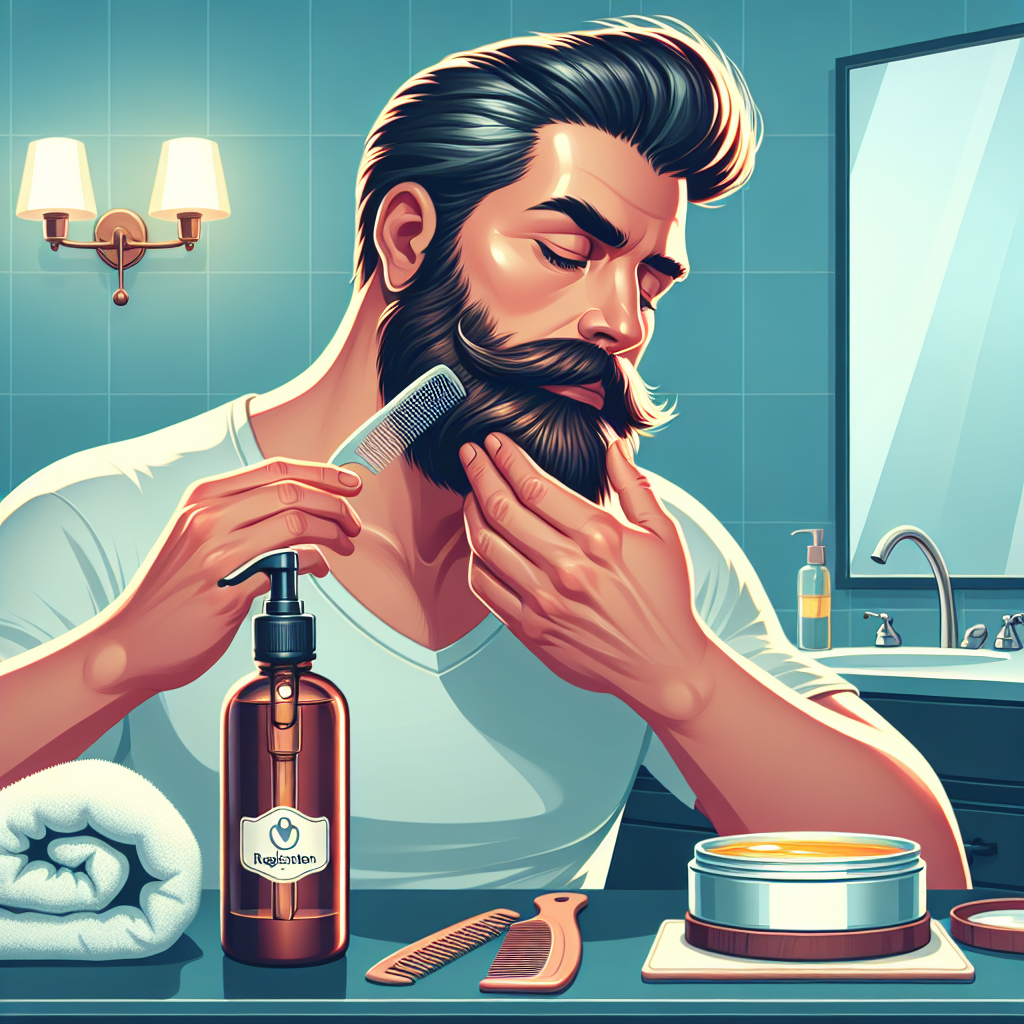
Tips for Maintaining a Healthy Beard
Regular Cleaning
Regular cleaning is crucial for maintaining a healthy beard. Use a gentle beard shampoo or cleanser to remove dirt, oil, and product buildup. It is also important to rinse the beard thoroughly to ensure no residue is left behind.
Proper Trimming
Regular trimming helps to maintain the shape and control the length of the beard. Invest in quality beard trimmers or scissors and learn the proper technique or consult a professional barber for shaping and maintaining the beard.
Moisturizing
Moisturizing the beard and the skin underneath is essential for preventing dryness, itchiness, and dandruff. Use a suitable beard oil, balm, or moisturizer to provide hydration and nourishment to the beard hair and the skin.
Balanced Diet
A well-balanced diet rich in vitamins, minerals, and proteins is necessary for healthy hair, including the beard. Ensure you consume a variety of fruits, vegetables, lean proteins, and healthy fats to support optimal beard health.
Avoiding Harsh Chemicals
Avoid using hair products or styling tools that contain harsh chemicals or high levels of alcohol. These can strip the natural oils from the beard and contribute to dryness and damage. Opt for natural, organic, and beard-specific products that are free from harmful ingredients.
Conclusion
Using hair oil on the beard can be beneficial for nourishment, hydration, and overall beard health. However, it is important to choose the right hair oil that is suitable for the beard and to follow proper application techniques. Along with using hair oil, it is essential to practice good beard care habits, including regular cleaning, moisturizing, and trimming. By maintaining a healthy beard care routine, you can enjoy a well-groomed, stylish beard that enhances your appearance and boosts your confidence.
